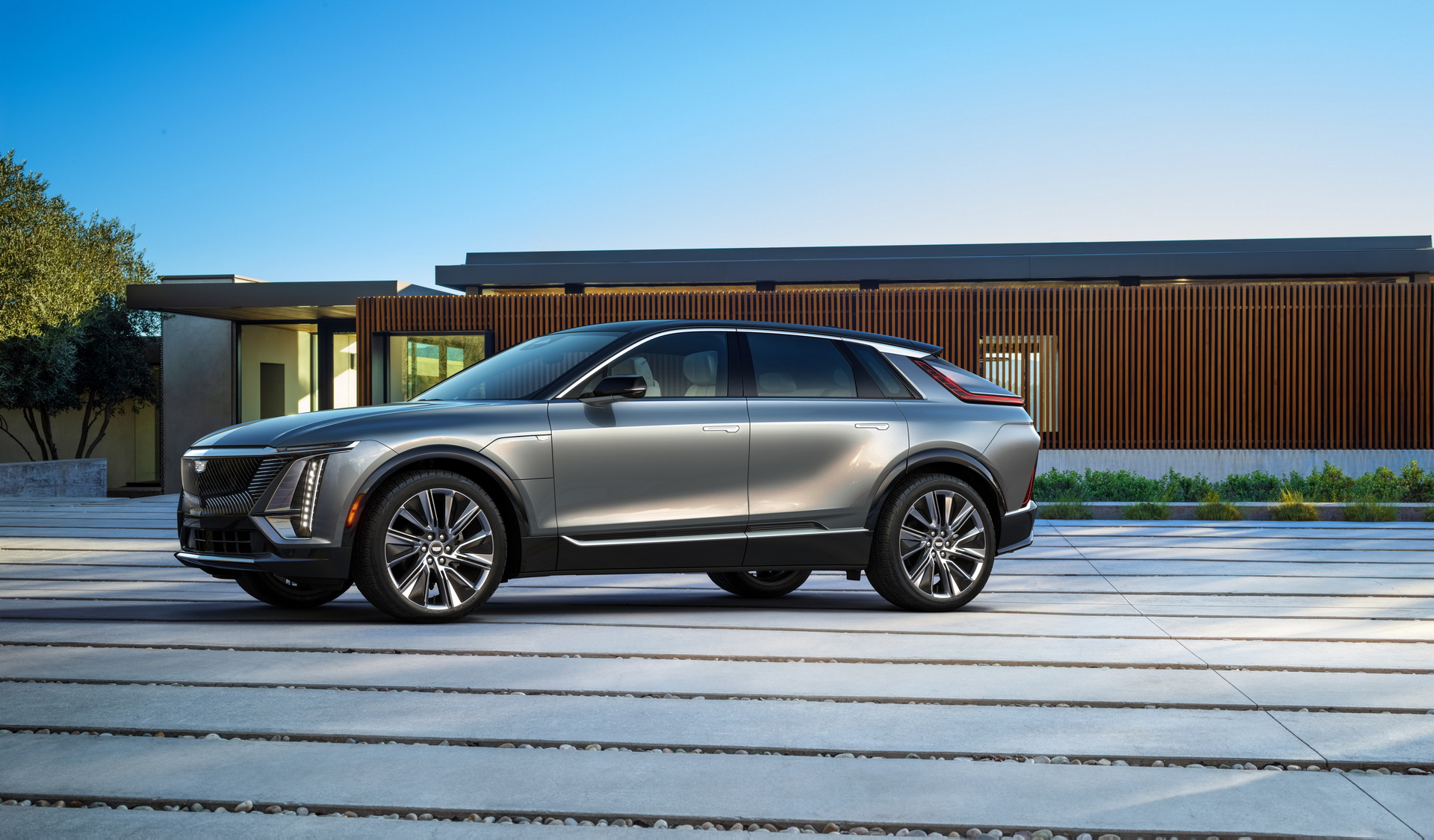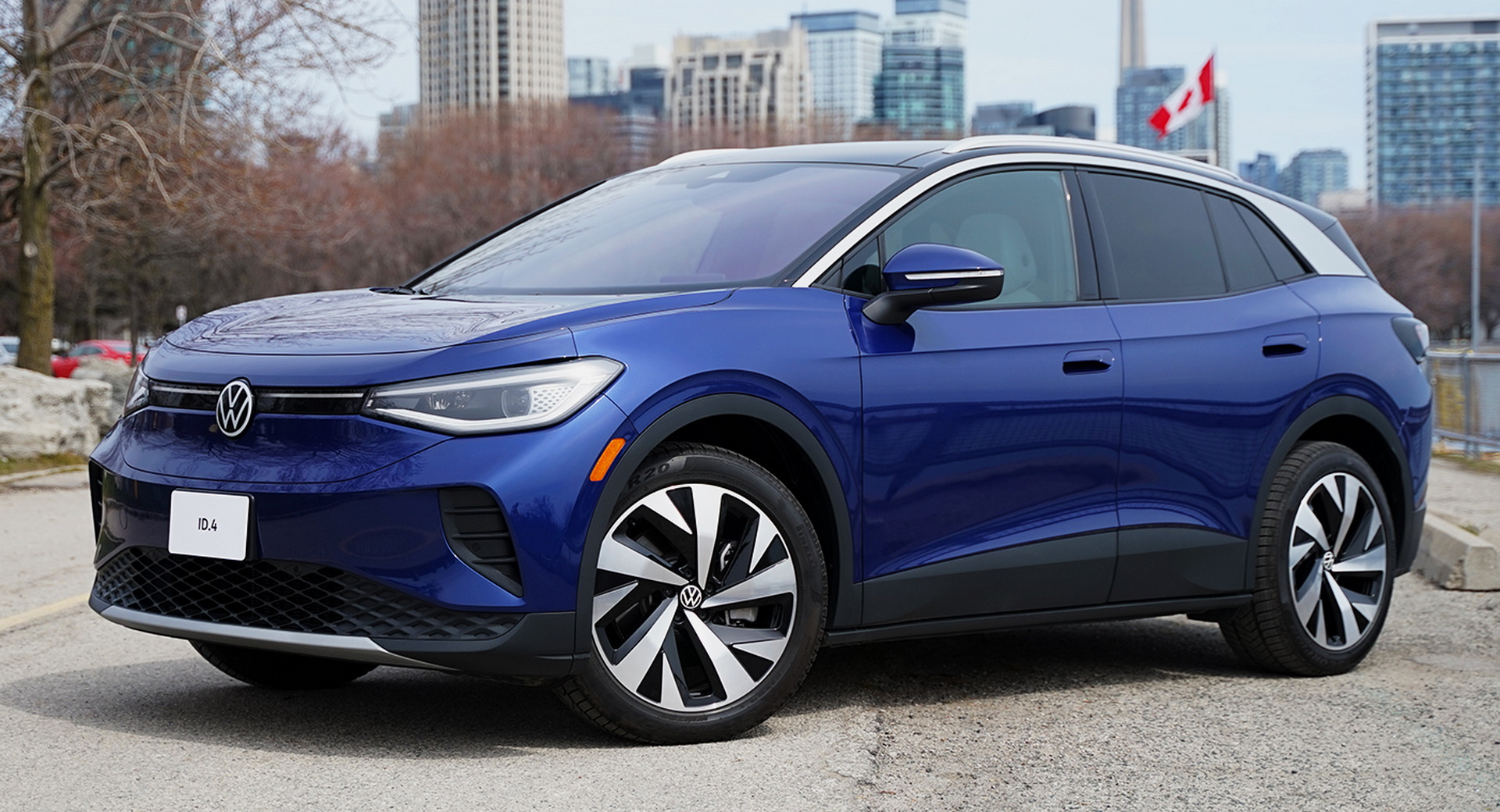The Canadian government last week released draft legislative proposals that would implement a luxury tax on cars and aircraft with a retail sale price of over CAD$100,000 ($77,964 USD at current exchange rates) and new boats with a price over CAD$250,000 ($194,910 USD). The measure is receiving pushback from automakers.
The tax is calculated as either 10 percent of the full sale price or 20 percent of the value above the price threshold, whichever is lower. The luxury tax will also affect zero-emissions vehicles priced above the threshold, something that has upset the Canadian Vehicle Manufacturer’s Association (CVMA) which lobbies for Detroit’s big three in Canada, Automotive News Canada reports.
“Canada will not achieve its ZEV targets without a focused and ambitious plan to help more Canadians switch to electric,” Brian Kingston, the CVMA’s CEO, said. “Taxing ZEVs when price is the most significant barrier to ZEV adoption is the wrong policy at the wrong time.”
Read Also: Norway May Slap A 25% Luxury Tax On Expensive Electric Vehicles
American automakers (like the rest of the industry) have been investing heavily in electric technology and GM, in particular, has focused its efforts on luxury EVs. Its first vehicle based on the new electric Ultium platform is the GMC Hummer EV, a luxury truck whose introductory Edition 1 model is priced at CAD$125,898 ($98,155 USD) in Canada and it will be followed by a number of EVs sold by Cadillac.
Canada does offer tax incentives on electric vehicles but only on those that are lower-priced. As it stands, vehicles with six seats or fewer with a base price of less than CAD$45,000 ($35,083 USD) or vehicles with seven or more seats whose MSRP is less than CAD$55,000 ($42,880 USD) are eligible for up CAD$5,000 ($3,898 USD) in tax rebates if the vehicle is all-electric or hydrogen-powered. That means that vehicles like Volkswagen ID.4 and the Ford Mustang Mach-E are eligible for incentives. Plug-in hybrid vehicles, meanwhile are eligible for up to CAD$2,500 ($1,949 USD) in rebates.
The government is now inviting the public to comment on the bill, which the Global Automakers of Canada lobby has said it will do, until April 11. If it gets Parliamentary approval after that, it will come into effect on September 1, 2022.






